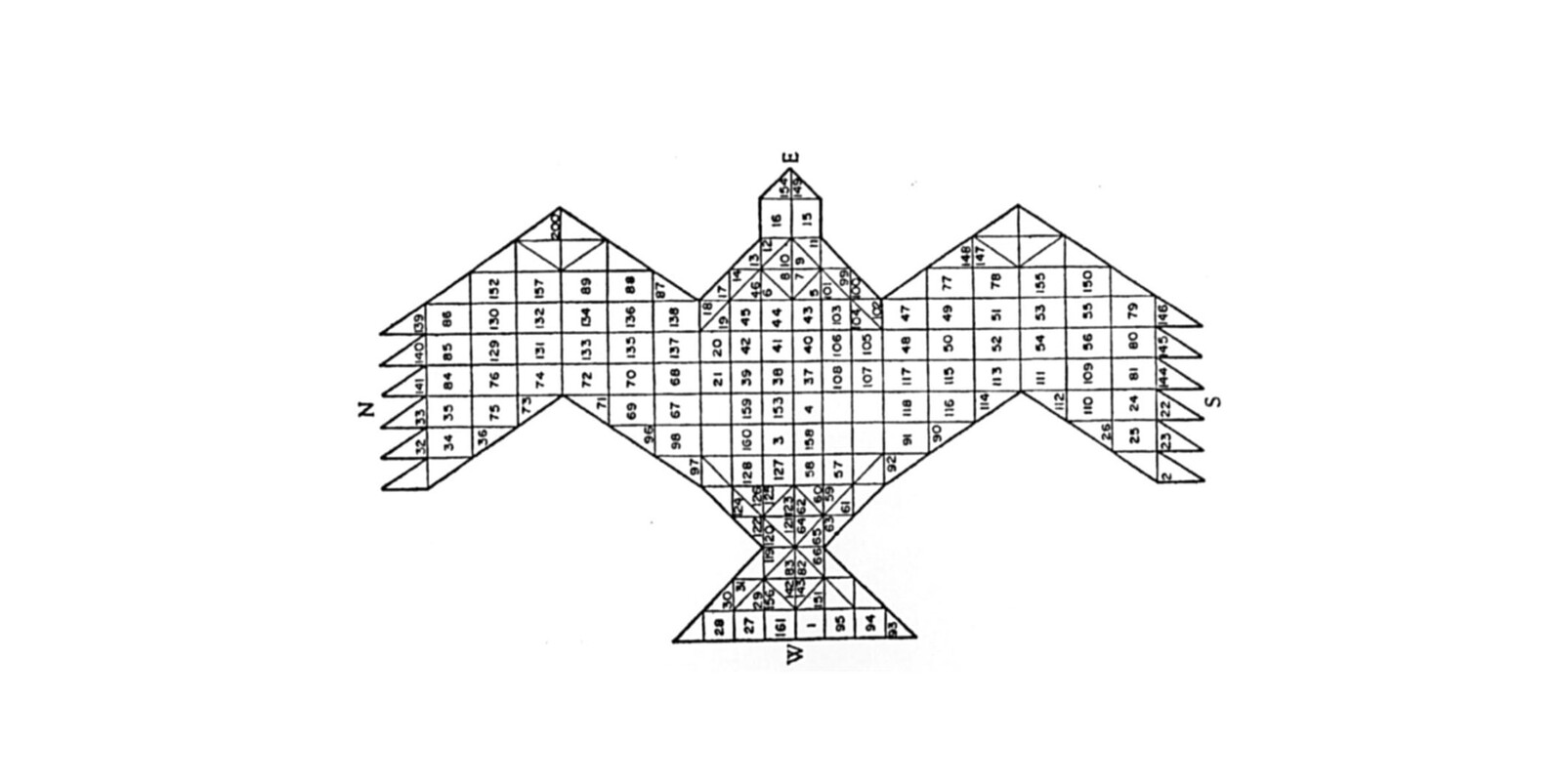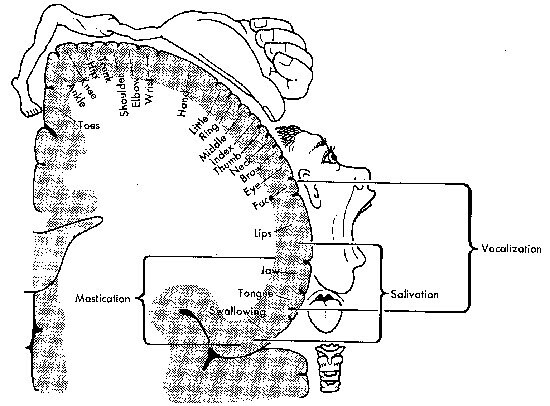What is needed is neither techno-solutionism nor techno-pauperism, but instead a culture of invention, design, and planning that cares for communities and the collective, and never entirely relinquishes agency and intelligence to automation. The first step of techno-politics is not technological but political. It is about emancipating and decolonizing, when not abolishing as a whole, the organization of labor and social relations on which complex technical systems, industrial robots, and social algorithms are based—specifically their inbuilt wage system, property rights, and identity politics.
What people call “AI” is actually a long historical process of crystallizing collective behavior, personal data, and individual labor into privatized algorithms that are used for the automation of complex tasks: from driving to translation, from object recognition to music composition. Just as much as the machines of the industrial age grew out of experimentation, know-how, and the labor of skilled workers, engineers, and craftsmen, the statistical models of AI grow out of the data produced by collective intelligence. Which is to say that AI emerges as an enormous imitation engine of collective intelligence. What is the relation between artificial intelligence and human intelligence? It is the social division of labor.




